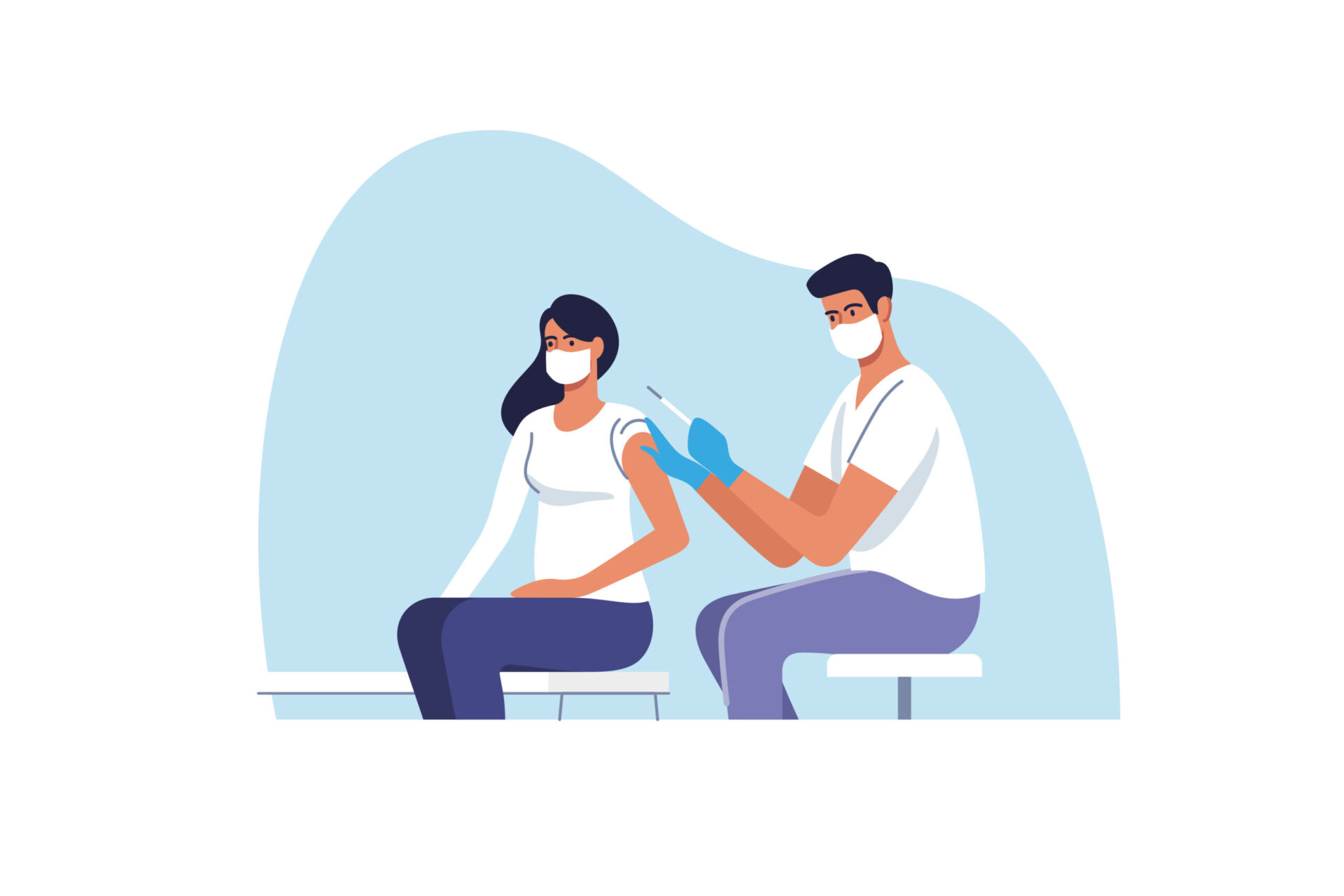Over the past six months, the media and the government have been pushing for people to receive their COVID-19 vaccinations to work to establish herd immunity. The two most common vaccines being used in the US, Moderna and Pfizer, both require two doses for a person to be considered fully vaccinated. The second dose is important as it significantly increases antibody levels circulating in the body. A recent research study conducted by Northwestern University investigated the long-term effectiveness of the vaccine in the body, specifically by measuring antibody levels in the blood.
COVID-19 vaccinations help prepare the immune system as our immune cells create antibodies that can be used to help fight the virus if it enters the body. To study the long-term influence of the vaccine, researchers tested blood samples to measure antibody levels from a diverse population of participants. Blood samples were collected two to three weeks after both the first and second doses and then another two months after the second dose.
The COVID-19 vaccine is being widely implemented to help spread immunity and protect people if they were to contract the virus.
Image Source: MarsBars
The researchers determined that two weeks after receiving the second dose, the antibodies in the blood were able to inhibit 98% of the target COVID-19 virus spike proteins and their designated receptor in cells. The vaccine was not as efficient at protecting against emerging variants tested from various places in the world such as the United Kingdom, Brazil, and South Africa, with inhibition levels ranging from 60% to 92%. Researchers found that antibody levels dropped two months after receiving the second dose and inhibition levels decreased by 20%. The team further investigated the influence of prior exposure to COVID-19 before vaccination as well. People who were symptomatic were found to have higher antibody response rates compared to people who had no symptoms or people who were not infected.
A common misconception is that receiving the vaccine will provide immunity from contracting COVID-19. However, that risk is present regardless of whether the vaccine is received or not. These findings are significant as they help strengthen the fact that receiving a vaccine does not correlate to immunity since antibody levels decrease over time.
Featured Image Source: faber14










